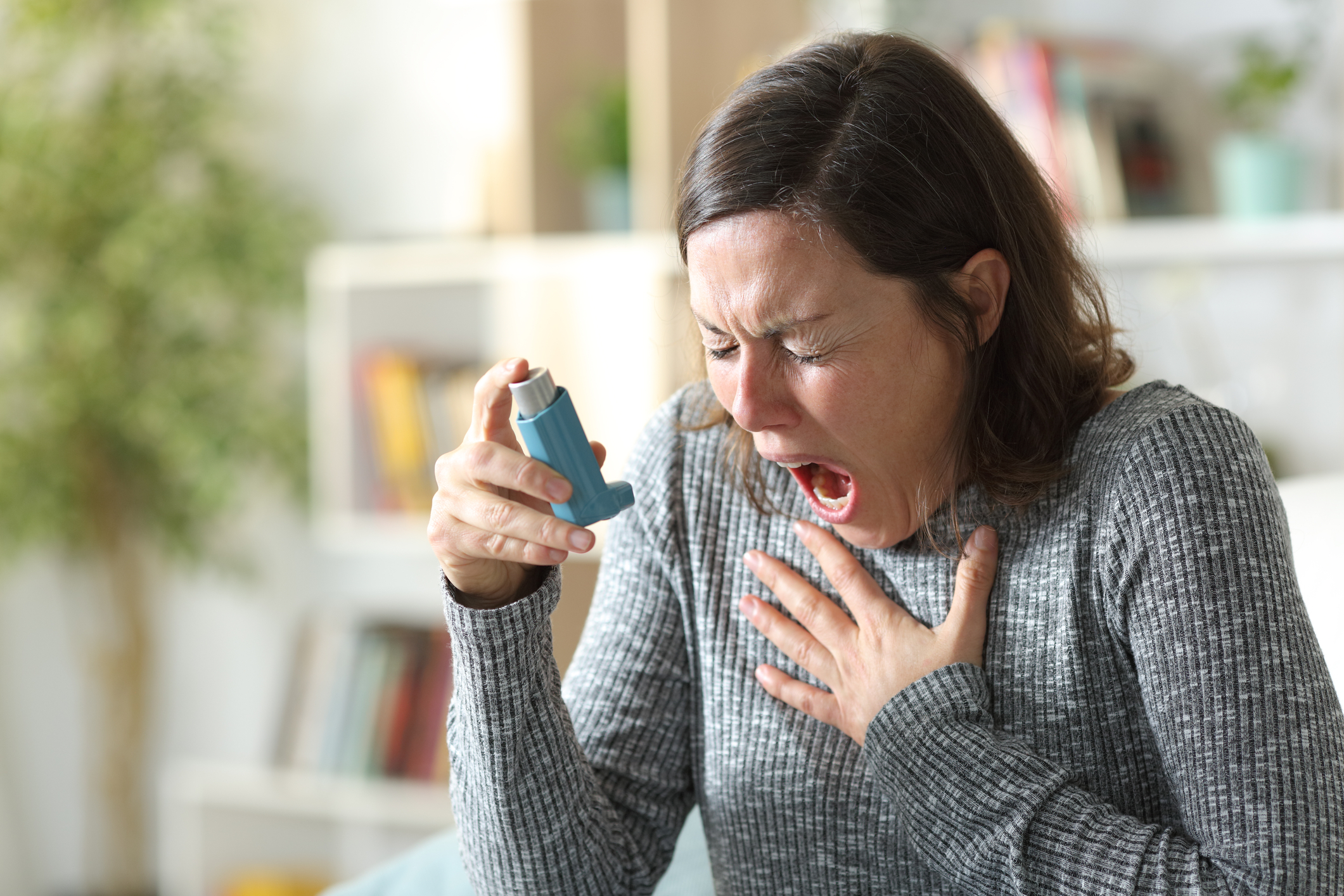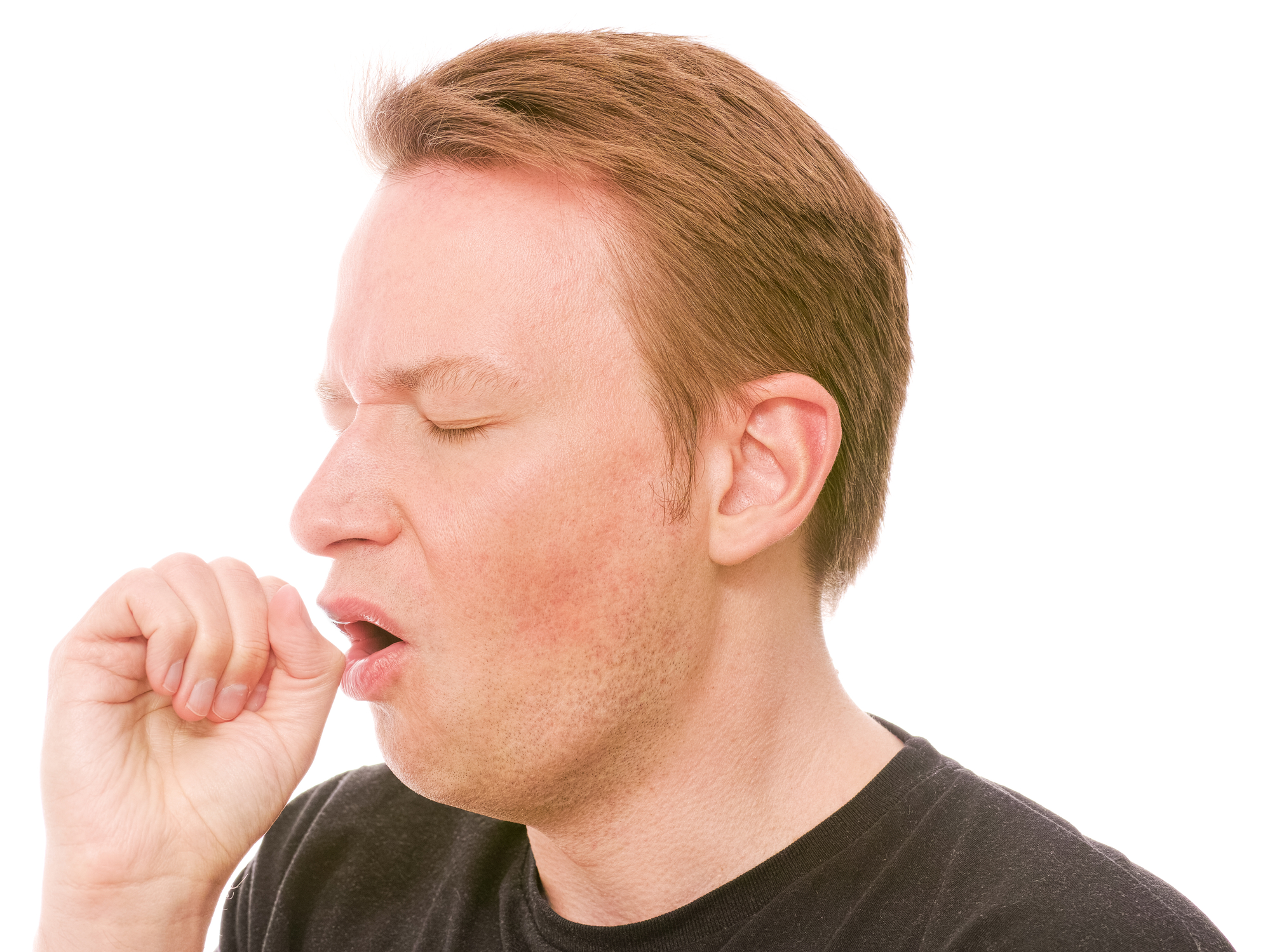Top Five Essential Facts You Should Know About Wheezing
To begin our deep dive into understanding wheezing, let's first get a grasp of what this health phenomenon actually is. Wheezing refers to a high-pitched whistling sound made while breathing. It is generally more apparent when exhaling, but can also be noticed while inhaling in severe cases. This is an overt symptom of any trouble in the airways. With that context, let's delve into the first essential fact.
Fact 1: Causes of Wheezing

Primarily, wheezing can be attributed to two main causes; inflammation and narrowing of the airways. It's quite common in pulmonary conditions such as asthma and chronic obstructive pulmonary disease (COPD). Other health issues like bronchitis, pneumonia, chronic sinusitis, and even heart failure can trigger wheezing. However, do not jump to conclusions. Simply put, wheezing isn't limited to severe diseases and can occur from a simple allergy as well.
Fact 2: Recognizing Signs of Wheezing

Beyond the trademark whistling noise, identifying added symptoms of wheezing could aid in an accurate diagnosis. If you’re wheezing and are experiencing trouble breathing, excessive coughing, a sense of chest-tightness or fatigue, seek immediate medical attention. More severe symptoms may include blue tinted lips or fingernails, indicative of a lack of oxygen in the bloodstream.
Fact 3: Conducting a Diagnosis

To diagnose what's causing the wheeze, doctors usually ask about the accompanying symptoms and one's medical history. Physical examinations often include listening to the lungs with a stethoscope for abnormal sounds. In many cases, a spirometry test is used to measure the amount and speed of air one can inhale and exhale.
Fact 4: Adopting Suitable Treatment Measures

The primary goal of treatment is to dilate the airways and reduce the inflammation. Inhalers containing corticosteroids are common, reducing inflammation and relaxing the muscles around the airway. For rapid relief during severe episodes, a 'rescue inhaler' loaded with fast-acting drugs like albuterol is used. In case the wheezing is allergy-induced, antihistamines might be prescribed.
Fact 5: Lifestyle Changes Make a Difference

Improving indoor air quality, avoiding allergens, smoking cessation, and maintaining a healthy weight could reduce the chances of wheezing. Regular physical activity promotes healthier lung functions. For those who are affected, wearing a mask in cold weather helps prevent wheezing. Hand hygiene and timely vaccination can protect against respiratory infections that might aggravate wheezing.
Fact 6: Addressing Wheezing Sooner Rather Than Later

While wheezing may not always signal a critical condition, it's imperative not to take it lightly. Untreated or recurrent wheezing might cause irreversible lung damage over time. Moreover, severe wheezing episodes can lead to a full-blown asthma attack or respiratory failure if left unaddressed. Always consult a healthcare provider for persistent or recurrent wheezing.